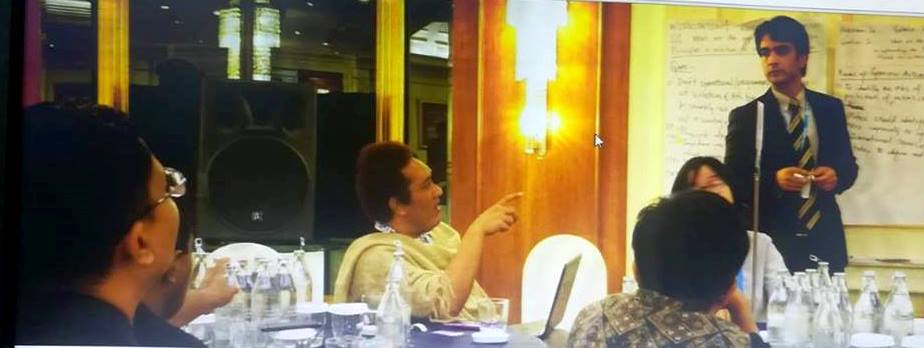
Kathmandu (Pahichan) August 30 – Ten years on from the adoption of the Yogyakarta Principles – a landmark document setting out the human rights of all persons, regardless of sexual orientation or gender identity – an APF-UNDP conference has considered a range of practical steps to advance the rights of lesbian, gay, bisexual, transgender and intersex (LGBTI) people.
The conference brought together more than 100 experts from national human rights institutions, LGBTI civil society organisations, research bodies and UN and development partners from over 25 countries and territories.
A series of presentations and group discussions focused on the development of the Yogyakarta Principles and the way it has been used to promote and protect the human rights of LGBTI people at the global, regional and national levels.
Over the past decade, some 25 countries and territories in the Asia Pacific region, have introduced a range of protective laws and ordinances, passed supportive court judgements, and pioneered constitutional reform processes that promote the equality of LGBTI people.
However, many speakers noted the ongoing challenges and threats that many LGBTI people face, from discrimination, harassment and exclusion through to abduction, torture and killings in some parts of the world.
Graphic: Panel discussion
The conference brought together more than 100 LGBTI activists and allies from 25 countries and territories. New partnerships were formed as participants shared ideas and strategies to promote equality and freedom from discrimination and violence.
Representatives from 18 NHRIs in the Asia Pacific region took part in the conference, with many building on their participation in an APF-UNDP training program on human rights in relation to sexual orientation, gender identity and sex characteristics.
The conference sought to draw on the expertise of participants by holding “workstation discussions” on gaps in the Yogyakarta Principles, as well as practical steps to implement the Yogyakarta Principles in relation to:
The ideas and reflections they shared provide a basis for NHRIs, civil society organisations and UN partners to build partnerships and develop programs for action in advocacy, public education, litigation and engaging with the international human rights framework.
Nada Chaiyajit, Manushya Foundation
Professor Emeritus Visit Muntarbhorn, UN Independent Expert on Protection Against Violence and Discrimination based on Sexual Orientation and Gender Identity
Keynote speaker: Hon. Michael Kirby AC CMG, former Justice of the High Court of Australia
Keynote speaker: Sonia Onufer Corrêa, Sexuality Policy Watch
Copyright © All right reserved to pahichan.com Site By: Sobij.